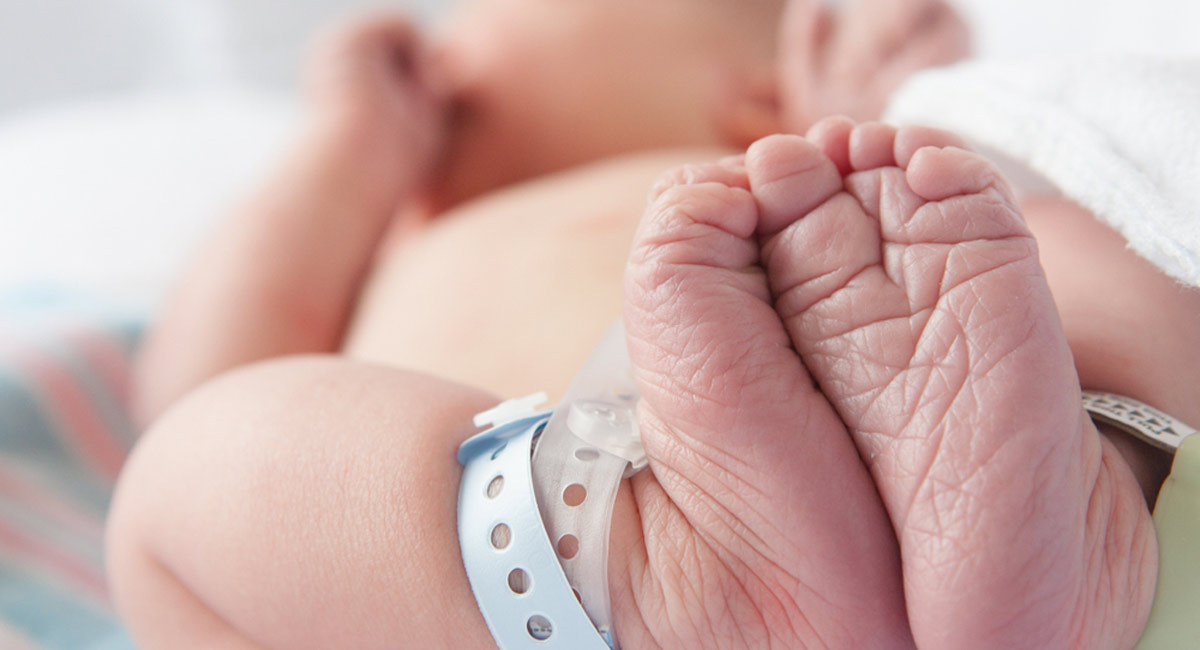Pregnant moms experiencing fatigue, nausea, back pain, and a host of other pregnancy-related ailments are often told, “It will all be worth it as long as the baby is healthy.” But what if the baby is not healthy? Is the life of a child who will be chronically “unhealthy” or who has a life-limiting diagnosis less worthy?
Live Action News asked four women who have recently shared their personal stories of parenting children with special needs to offer their reactions to this well-intended saying, as well as alternative ways to communicate support to pregnant women.
Kathryn Casey is mom to a baby girl who was stillborn due to anencephaly, and to Peter, who has complex medical needs related to a rare genetic condition. She noted, “I have a child with a chronic medical condition who will never be ‘healthy’. While he was in and out of the hospital as an infant I became pregnant again. During my first trimester we learned my son’s condition was genetic and I was terrified my unborn child would have the same condition. At her ultrasound, we learned it was so much worse. Instead of being able to meet her, know her, pour my heart out for her in the million little ways we do for our children, in sickness and in health, we learned our unborn child had anencephaly. She was growing without a brain and would not live long outside the womb.”
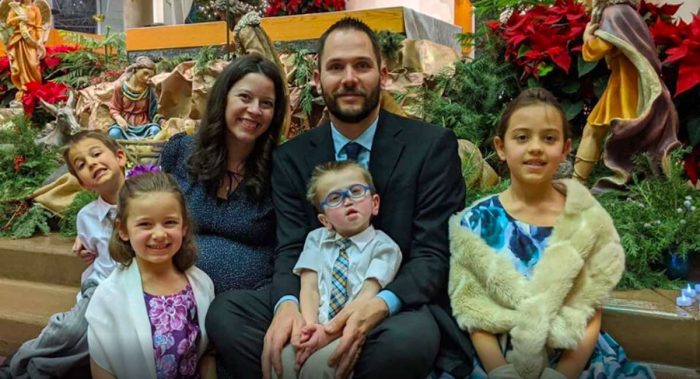
Kathryn Casey and family
Casey added, “There is nothing wrong with… pray[ing] that our babies are healthy. But even if the baby is not healthy, that is okay too.” As a mother who has experienced a devastating loss, she said what really matters is that “the baby is alive,” noting, “If in the end, that child’s life is with mine for the briefest of moments, it was worth it. I have five babies on earth and four in Heaven.”
Jeannie Ewing’s daughter Sarah has Apert syndrome, a genetic condition leading to craniofacial abnormalities and other health issues. In response to this common saying, Ewing said, “Most people told me, ‘God gives special children to special parents’ after Sarah was born. It never occurred to me during my pregnancy that my child might not have ten fingers and ten toes, or any sort of physical anomaly. Obviously people say, ‘as long as the baby is healthy’ to a pregnant mama, and I like to call them ‘well-intentioned people.'”
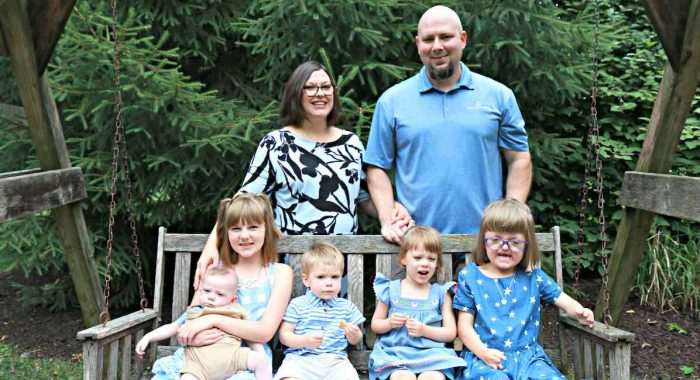
Jeannie Ewing and family
But in Ewing’s experience, “Cliches and platitudes are never helpful in any difficult situation involving suffering and sacrifice. They serve as a band-aid to conceal the other person’s discomfort, not to truly be present with the one who is uncertain, lonely, and scared.”
“Personally,” she said, “I felt angry when I heard these comments, but I kept my feelings to myself. I recognized the efforts of others, however meager, and simply struggled silently.”
Elena Tejeda’s daughter Maggie also has Apert Syndrome. She told Live Action News that she believes the phrase “as long as the baby is healthy” is used “because we don’t know what else to say. This phrase has been around a long time, and I don’t think it started out of anything other than trying to come up with a polite answer to an awkward question. ‘What do you want, a boy or a girl?’ and the answer by the mother is usually ‘I don’t mind as long as they are healthy.'”
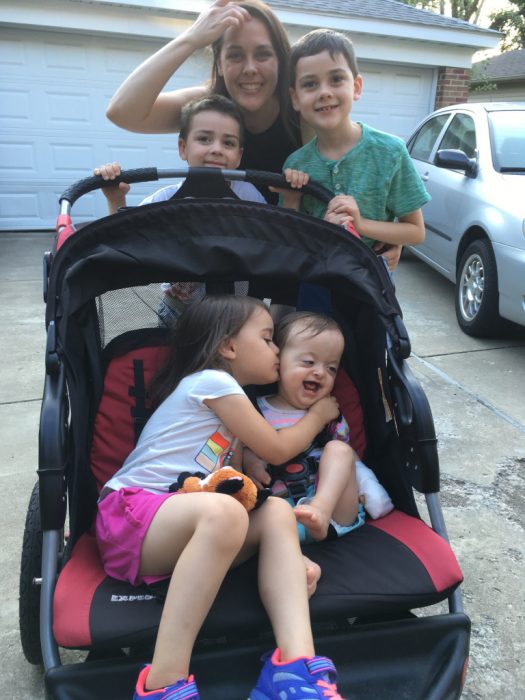
Elena Tejeda and family
Tejeda suggested that instead, it might be more constructive for well-meaning people to ask questions like, “How are you feeling?” “What is on your mind?”… “What do you think it would be like to raise a boy or girl?” “Do you know how beautiful you are?” She adds, “If we engage mothers in deep questions to form deep friendships, when a difficulty arises there will be a sisterhood that sustains us.”
Heather Salisbury received a prenatal diagnosis of anencephaly for her daughter Aubriella, who survived for 58 minutes outside the womb. She wishes that instead of using the phrase “as longs they baby is healthy,” people would say, “I wish you all the joys and blessing your baby will bring you. Pregnancy and carrying life is a beautiful thing.”
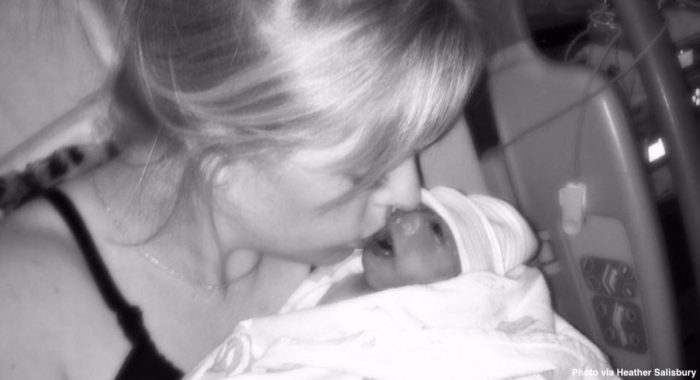
Photo via Heather Salisbury
“Like” Live Action News on Facebook for more pro-life news and commentary!

